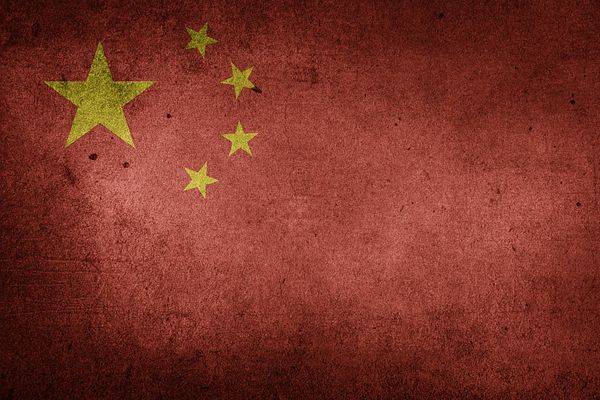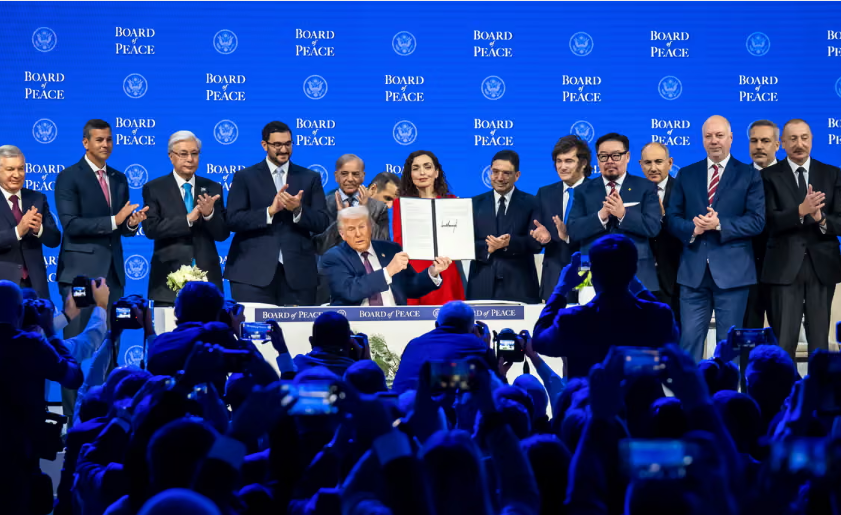PEOPLE UNHAPPY AS FIGHT FOR JUSTICE IS NOT OPEN IN CHINA
The fight for justice in China is far from ending, despite the fact that Xi Jinping’s regime’s lack of openness makes it impossible to see the situation clearly. Xi’s decade in power has seen the government shift from authoritarianism to techno-totalitarian persecution. At the same time, the Communist Party and its judiciary have frequently committed to “strive to enable people to sense fairness and justice in every court case,” based on legislation and institutions enacted since 1979. This attempt to “walk on two legs,” as Chairman Mao Zedong may have phrased it, eventually results in cognitive dissonance. Especially as China is the worst perpetrator of human rights abuses in the world.
The Chinese Communist Party (CCP) has long been aware of widespread public unhappiness with its criminal justice system. Local courts are not often regarded in high esteem. When the party decides to suspend even the illusion of honouring the meagre safeguards of the country’s regular punishment system in order to achieve urgent political, economic, and social goals, dissatisfaction often escalates to dread. Such campaigns bring together police, prosecutors, legal administrators, and judges to combat alleged anti-social behaviour.
The CCP is fully aware that such “campaign-style” justice is a flagrant violation of the rule of law, and it is well aware of the inherent hazards of such campaigns and the possible consequences to public support for its monopoly on power. Xi Jinping, for example, stated on April 2, 2018, that “[we] should not have a campaign-style approach to pollution management,” despite the necessity for tighter compliance with China’s environmental regulations.
Nonetheless, in the same year, the party announced a Special Campaign to Crack Down on Organized Crime as part of its ongoing and vast anti-corruption push. Law experts and attorneys both within and outside China voiced fear that numerous miscarriages would occur as a result of the well-known difficulties that have plagued the CCP’s “campaign-style” law enforcement.
Unfortunately, these suspicions appear to have been validated, albeit the public has been denied important facts on this point despite the explosion of data triumphantly marshaled at the campaign’s end at the 2021 national awards event.
The special campaigners moved quickly to defend their participation in “taking out tigers, swatting flies, and chasing foxes” as part of Xi Jinping’s overall anti-corruption push. Within two weeks, five provinces each claimed the arrest of more than 1,000 organized criminal suspects. Shandong province even instituted a quota system, mandating prosecutors’ offices in each local district to prosecute at least one such case every year, or face poor performance evaluations.
During the three-year effort, police allegedly cracked down on 246,000 cases, prosecutors issued 36,000 indictments in which numerous defendants were implicated, and trial courts decided 32,900 cases involving 225,500 defendants. According to the little public reports on sentencing data available, those determined to be members of “organised criminal gangs” or “gang-like groupings” earned considerably lengthier jail sentences than their pre-campaign counterparts. Furthermore, seizure of assets from convicted campaign targets has been a significant source of non-tax revenue for several local governments.
Although a few organised crime defendants were reportedly acquitted prior to the campaign’s start, the CCP’s self-assessed “grade report” at the campaign’s end was silent on acquittals (the overall conviction rate in China is generally north of 99 percent), and no mention was made of the exoneration of wrongly-convicted defendants.
Nonetheless, both on and off the internet, the “special campaign” drew far more domestic criticism than past initiatives to combat corruption. There was worry not just about the establishment of an arbitrary quota for arrests, but also about the labelling of numerous legitimate firms as criminal organisations.
This appeared to be as startling as it must have been humiliating for party leaders. Veteran watchers of the Chinese criminal process, on the other hand, should not be astonished. Powerful economic interests involved in commercial disputes have historically used the local public security bureau to criminally arrest and occasionally punish persons who refuse their demands. Bribery does not have to be the primary incentive of compromised cops, prosecutors, or judges. They occasionally collaborate due to personal links or at the behest of political superiors.
It is a tough and uncertain endeavour to penetrate the riddles of China’s opaque legal system. Any China watcher granted unrestricted fieldwork in China could someday find a more accurate explanation than what is now available. The main lesson from the long and confusing legal implications of such law at this juncture, though, is this: Even in the midst of “campaign justice” carried out by an increasingly totalitarian Communist Party that openly declares its dominance of the legal system and openly rejects basic international rule of law precepts such as judicial independence, there are many judges, prosecutors, lawyers, law professors, scholars, and legislative and administrative officials who are motivated by legal education and values and strive to vindicate the party’s promise. The Struggle of the common Chinese is ongoing













